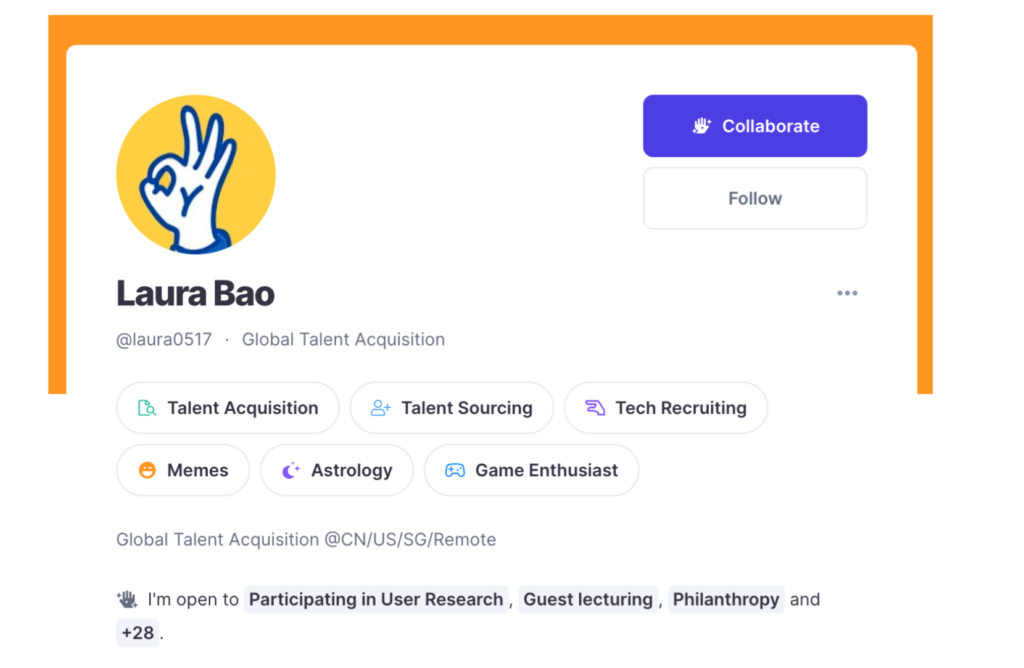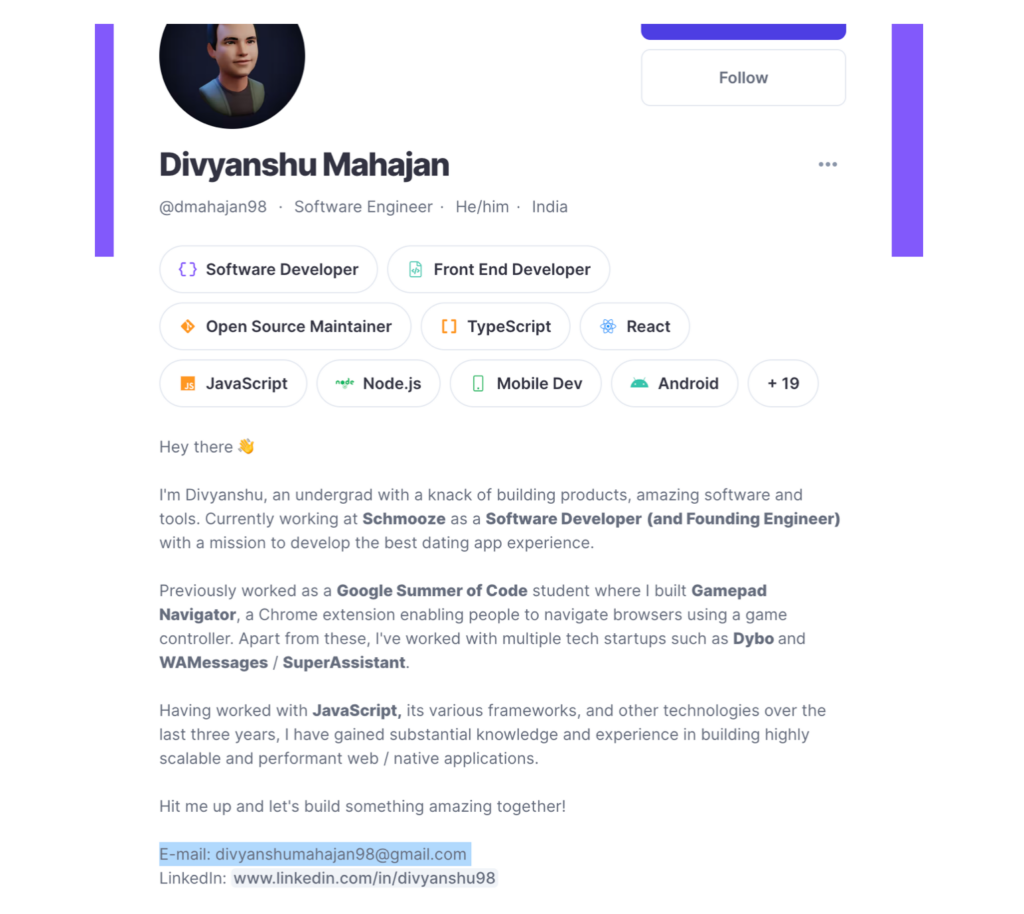Whether you are a Boolean novice or pro, you’ve likely run across and used the site: command to go deeper into urls or uncover a way to extract contact information from a variety of websites. Using solid fundamentals, you can use the site: command in a myriad of ways. While I was writing about Polywork previously, I thought about how to peel back the social network using the site: command. Reflecting on some of the searching I’ve done on LinkedIn when the network inevitably goes down for maintenance (the one where I shared how to extract contact information from LinkedIn), I want to take a dive into Polywork using the site: command.
Focusing On Fundamentals
One of the fundamentals of hunting for qualified candidates is leveraging Boolean search, and for me, it means marrying AND, OR (|), or NOT (-) to the site: command. This marriage is often referred to as X-Raying a website. It is a fundamental part of advanced sourcing.
If built correctly, delivers highly targeted results and helps find the most relevant candidates. This search technique can be accomplished in a variety of search engines like Google, Bing, DuckDuckGo and Exalead, just to name a few. For a deeper dive on search engines, take a listen to Ronnie Bratcher here.
I tend to use this method to quickly and easily locate candidates’ info from web sources that are indexed by these search engines with one Boolean string. The more you use the site: command, the better you’ll become at it and the more you’ll want to play with it as a tool to uncover profiles. So let’s play.

Let’s start with site:polywork.com before we get granular. Just starting, we realize that Google tells us that the Polywork domain has about 42,300 links for us to explore. On the other hand, Bing shows us less than half of the links to Polywork. This lightly illustrates how using different search engines brings back different results.
Why does this happen? Simply, it’s because each engine uses different algorithms and produces slightly different results. if you’re searching for something obscure, if one search engine is good, two is definitely better. You can even try a third or fourth engine before the diminishing returns start to make it a waste of your time.

Let’s add some complexity and get more specific. Let’s say that we are looking for recruiters or sourcers. Using site:polywork.com (recruiter | sourcer | “talent acquisition”) on Google, we discern that there are roughly 800+ profiles of recruiters, sourcers or talent acquisition folks.

Let’s dig into some of these results.


While looking for recruiters, sourcers, and talent acquisition professionals illustrates one type of search we could do, it posits the fundamentals for us to build upon.
Looking for Developers & Engineers
Looking for software developers and engineers is my bread and butter, my stock and trade, the bees knees. That’s what led me to Polywork in the first place. Let’s look for developers and engineers using Google. What do we find? About 10,000+ profiles.

What if we want to look for specific frameworks or languages? Ask and you shall receive.

Want to look for people in a specific geography? How about New York?

What about using some natural language search to find profiles that are “open to work”?

But let’s say I want to find their contact information? Remember the little trick I did previously with LinkedIn? Let’s do that using Polywork.

In some results the email address is obvious, but in other instances, we need to dig into the profile. In this instance, the gmail address appears at the end of the Summary section.

Practice Makes Perfect
While using Polywork as an example produces profiles, there are lots of other social networks that you can use site: command to uncover and connect with prospects. Next time you come across another social site like Facebook, Twitter or LeetCode, try adding the site: command to the mix and see what results it will produce for you.
Remember, being a good sourcer or recruiter is to constantly remain curious. A great recruiter or sourcer acts on that curiosity and acts on it.
Authors
Brian Fink
Brian Fink is currently a Senior Talent Acquisition Partner at McAfee. With 10+ years of specialized recruiting experience, Brian specializes in recruitment tooling, building Boolean strings, natural language search, and raw sourcing. He believes and advocates that you are never done learning, regardless of where you are in your career.
Recruit Smarter
Weekly news and industry insights delivered straight to your inbox.







